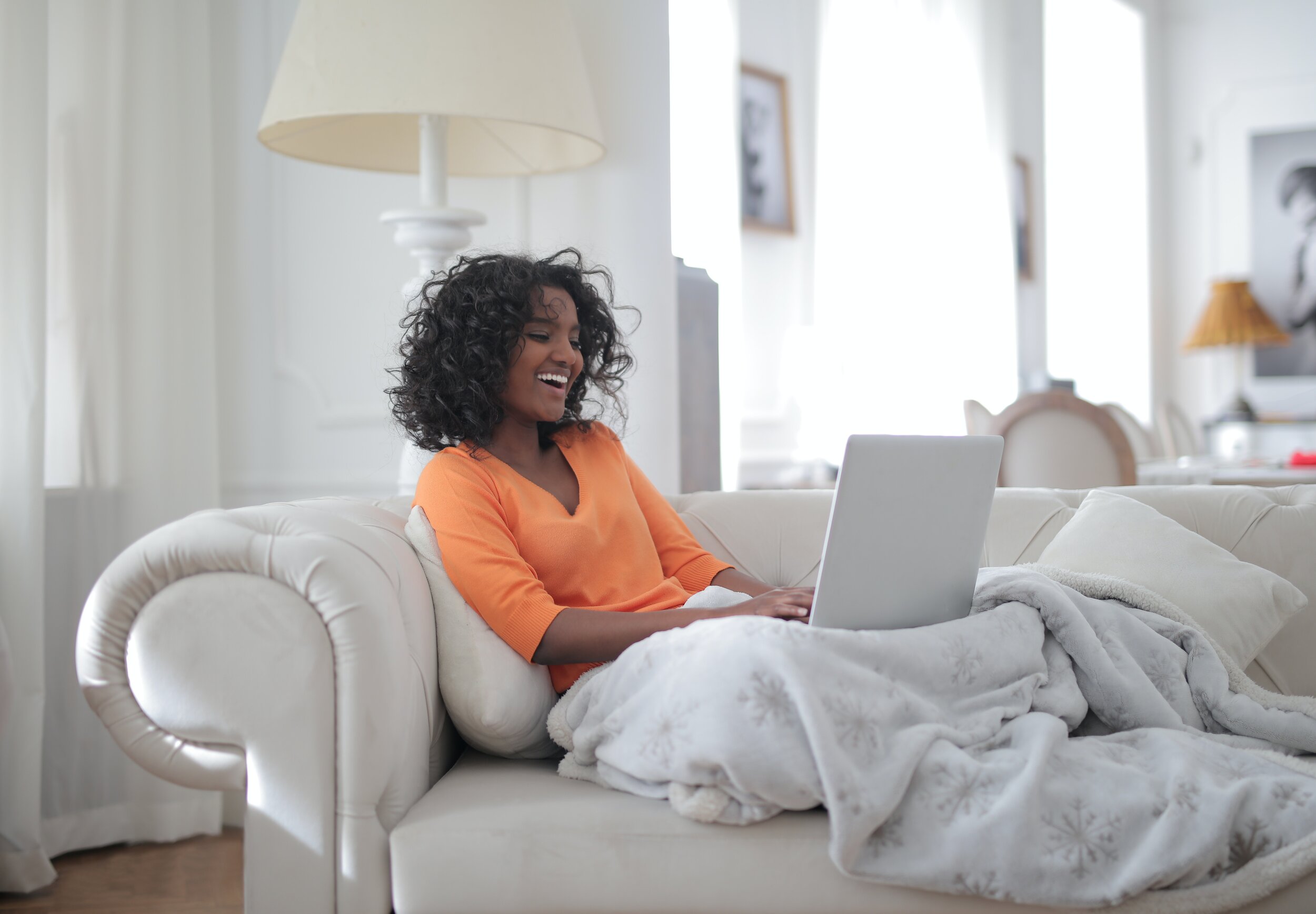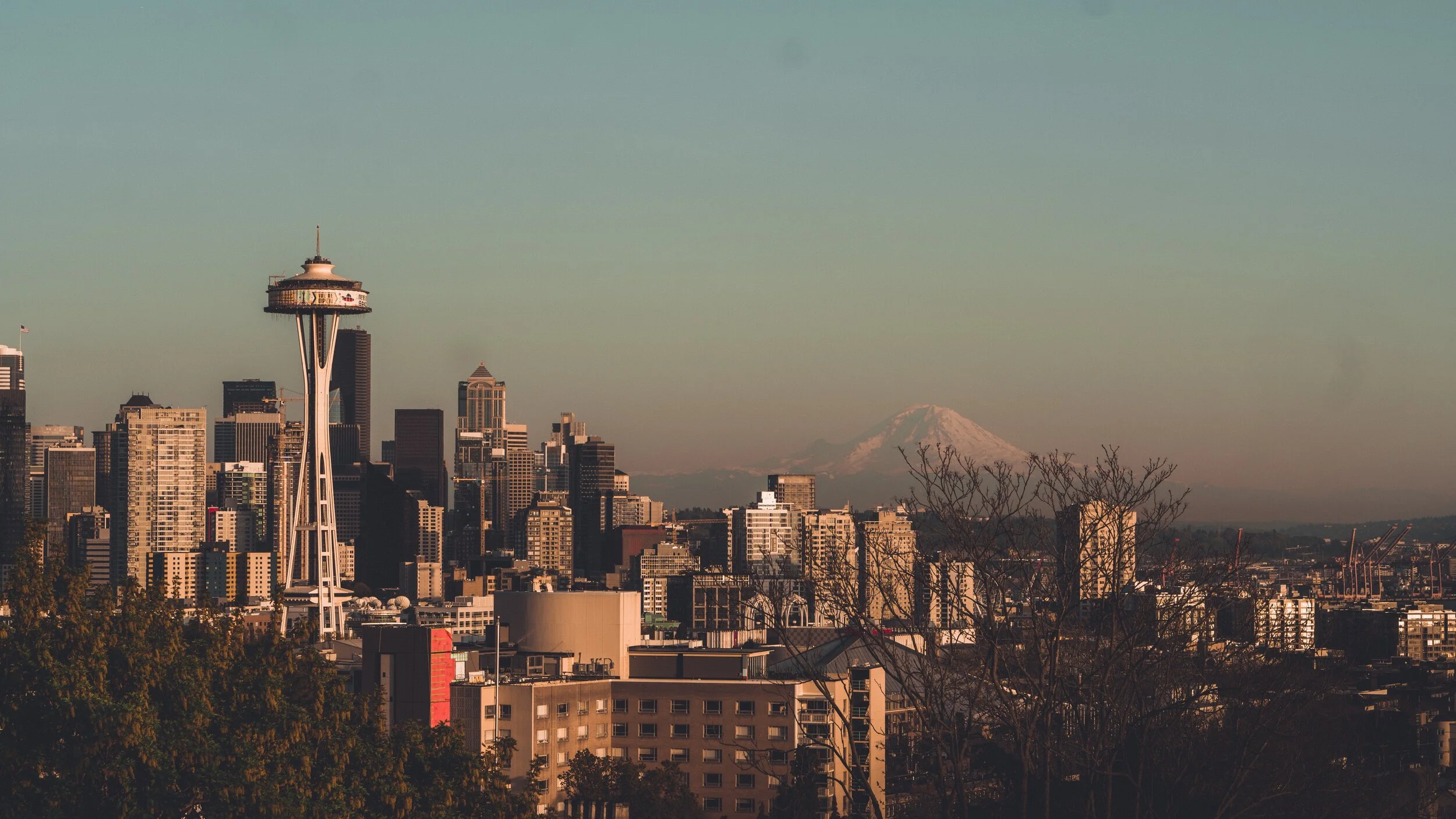Therapists Discuss Covid-19 Anxiety & Stress Management
Note: This is part of an interview that Jennifer Yeh and Blake Thompson gave for local reporter Julie Muhlstein.
Q1) Do you believe the stay-home and social distancing measures may have an unintended consequence of also raising people's anxiety (OCD, panic or agoraphobia) once they do begin to go out and resume more normal activities?
BT: Yes. Especially when it comes to Agoraphobia. For many clients, managing agoraphobia means engaging in the ongoing work of challenging themselves to be out in public. Without exposure, it's not uncommon for them to have a relapse (i.e., for their sensitivity to these triggers to increase again).
JY: Yes. Anxiety is associated with the overestimation of danger, and the underestimation of our ability to cope with a potential threat. The stay-home and social distancing measures send messages that there is increased risk ‘out there, among other people’. This is both truly unfortunate for humans as social beings, and also an unavoidable reality of fighting a global pandemic. It follows that re-emerging from quarantining can heighten anxiety - it involves facing the uncertainty of the world, with its visual reminders that we are still very much in the middle of a pandemic (i.e, masked community members, copious hand sanitizer bottles and gloves, plexiglass partitions, and 6 feet spacing markers on the sidewalk).
Q2) Are there some tips you could share for people who may be feeling especially anxious about going into public places, or even back to work?
BT: Make decisions about what types of risks you're willing to take before you leave home. It can be inordinately stressful to have to make decisions about risk on the fly. Being clear with yourself about what you are and are not comfortable with ahead of time (and communicating those boundaries to friends and family members) has the power to make your life much less stressful when you venture out into the world. This is more difficult when it comes to work, as many workers don't have the ability to make decisions about which risks they take at work, but to the extent that you are able this can also be a useful strategy for work.
JY: Blake, I really like your response here, especially communicating boundaries so important. This can be tough to do, but helpful.
I’d say, first, imagine yourself ahead of time going into public places – see if you can picture these scenarios as vividly as possible. Consider what possible problematic situations could arise, and how you would handle those effectively. This is what we’d call the “DBT Cope Ahead” strategy.
Second, if possible, give yourself time to break down your re-entry process into steps.
- Start with situations that are more contained (like a walk in your neighborhood). As you get your bearings with being out and about, build up from there to different destinations and/or activities where you could be around more people (like getting take-out from a favorite restaurant, or visiting a park).
- Set an intention to leave the home at least once a day, and continue to increase the frequency and length of these outings.
Third, Get social support in this process (even if your companion is masked-up and 6 feet away). Navigating pandemic life alongside someone you trust can help with recalibrating to the ‘new normal’.
Fourth, Give yourself and others as much compassion as possible in this potentially awkward and uncomfortable process. If you find compassion and judgement of yourself and/or others wearing thin, see if you can speak with a supportive person.
Q3) Could you comment on the notion that while anxieties may typically be based on fears that are unfounded, with COVID-19 the fear is based on reality, the possibility of contracting the disease?
BT: Most theories that we operate from in clinical psychology focus on intra-psychic issues. Covid is definitely an extra-psychic issue. So a lot folks in clinical psychology are thinking about this less in terms of 'curing an irrational fear' and more in terms of 'stress management'. Keep in mind, we don't want people to be fearless, that wouldn't be helpful in this situation (this could result in potential harm to you or others you interact with). But stress is dangerous as well, if only on a different time-scale. Stress causes cancer, it causes cardiovascular disease, it causes insomnia, it leads to substance abuse problems, it can lead to marital problems... it can lead to suicide. We need to take stress management very seriously. Luckily, you don't have to believe that you're 100% safe in order to manage your stress. Even hostage negotiators and fighter pilots can learn to manage their stress, it just takes the proper training - you have to learn the right tools.
JY: First off, great points about the problems with stress and stress-management, but I don’t think this conceptualization of anxieties outside of COVID-19 being based on unfounded fears is particularly useful. Many of the things that people have anxiety about aren’t always that irrational – rather the level of preoccupation with the fear has become so much more functionally impairing and misery-making than is useful or productive. I find it more helpful to consider COVID-19 anxiety similarly to other anxieties – the goal is ultimately to boost the signal-to-noise of actual dangers to perceived dangers. With things we fear (including contracting COVID-19), less preoccupation with the background noise of improbable risks mentally frees us up to attend effectively to the higher probability risk factors – while also leaving space for moments of joy, connection, and calm.
Q4) Is there something especially troubling about a risk that is invisible -- we can't know who might be spreading the disease, so we begin to fear everyone we encounter?
BT) For many people, yes. Invisibility means more uncertainty and uncertainty is a huge component of anxiety for so many people.
JY: I agree! The invisibility is problematic because it goes hand-in-hand with great uncertainty and this coronavirus pandemic is particularly insidious in that it has presented us with the perfect storm of uncertainty. For example, the COVID-19 virus has an idiosyncratic process of infection - it has a long incubation period and there is the potential for pre-symptomatic people to unknowingly shed the virus.
BT: Exactly! These obscurities combine with the novelty of having yet to fully understand the nature of what we are contending with and how to effectively get a handle on it, especially in ways that balance unintended economic and social harms.
JY: We can add to that things like long waiting periods to be tested and to find out those results. These factors add layer upon layer of uncertainty - and all that uncertainty can pile on to an already stressful situation.
Q5) Anything else you'd like to share?
BT: This is all related also to why so many people, on the other side of the spectrum, act like there's nothing to worry about. They overcompensate for their fears by pretending there's nothing to be afraid of. They pretend so hard, they often fool themselves. If you find that you're afraid of getting sick and dying, or of a loved one getting sick and dying, in the middle of a pandemic, that's not irrational of you and it isn't a weakness - what it means is that you're not in denial. Acknowledging dangers and taking appropriate steps to protect yourself and others - this is a rational and emotionally mature response. Acknowledging that you're stressed and afraid and taking steps to work through these feelings so they don't grind you down - this is a rational and emotionally mature response. Pretending there's nothing to be afraid of and pretending that you aren't afraid - these are emotionally immature responses to a global pandemic.



